Project
Overview
DIGITAfrica is a Horizon Europe Coordination and Support Action (HORIZON-CSA) project that aims to lay the foundations for a comprehensive pan-African research infrastructure (RI) in Digital Sciences. The project, officially named “DIGITAfrica, Towards a comprehensive pan-African research infrastructure in Digital Sciences” and also referred to by its acronym DIGITAfrica, has the project number 101187966.
The project is driven by the recognition of Information and Communication Technologies (ICT) as a critical priority sector for Africa’s socio-economic development and growth, as outlined in the African Union’s Science, Technology, and Innovation Strategy for Africa (STISA-2024). STISA-2024 emphasises the need to strengthen research infrastructures, enhance professional and technical competencies, and promote entrepreneurship and innovation. DIGITAfrica directly responds to the objective of fostering EU-Africa cooperation in Research Infrastructures within the domain of ICT. The project seeks to prepare the transformation of this partnership into a sustained research initiative in common strategic fields.
DIGITAfrica brings together a consortium of partners from five African Union (AU) countries, seven countries from the European Union (EU) and one partner from Switzerland. The African partners are Strathmore University (Kenya), Université Cheikh Anta Diop de Dakar (Senegal), Université de la Manouba (Tunisia), Université de Ngaoundéré (Cameroon), and University of Cape Town (South Africa). These partners represent diverse African contexts and have strong backgrounds. The EU partners include Sorbonne Université (France), Barcelona Supercomputing Center (Spain), Consiglio Nazionale Delle Ricerche (Italy), Institut National de Recherche en Informatique et Automatique (France), Université de Thessalie (Greece), Technische Universität Berlin (Germany), and Universiteit van Amsterdam (Netherlands). Notably, the EU partners coordinate the first two ESFRI DIGIT RIs dedicated to Digital Sciences (SLICES and SoBigData), and DIGITAfrica aims to exchange experiences with them. Additionally, Mandat International (Switzerland) is an associated partner.
Objectives
#1
Co-construct a comprehensive strategy to structure a Pan-African RI in digital sciences
This objective focuses on creating the foundation for a pan-African research infrastructure (RI) in digital sciences. It aims to establish a strategic dialogue with representatives from African, European, and national institutions and industries to build partnerships. Leveraging existing cooperation among EU and AU partners, DIGITAfrica aims to be a cornerstone for Euro-African collaboration in digital research and innovation.
#2
Enhance community building in digital sciences
#3
Develop capacity building in digital sciences
#4
Enhance female and young researchers’ learning and participation
#5
Set up a playground and demonstrate the Proof of Concept (PoC)
#6
Define a sustainable path for DIGITAfrica RI
Sustainability is key for the success of any research infrastructure. This objective will outline a long-term strategy for maintaining and evolving the pan-African research infrastructure, including governance, joint investment strategies, and policy dialogues with stakeholders.
Expected Outcomes
#1
Enhanced Learning, Knowledge, and Skills in Digital Sciences
#2
Enhanced Research Capacities in Africa
#3
